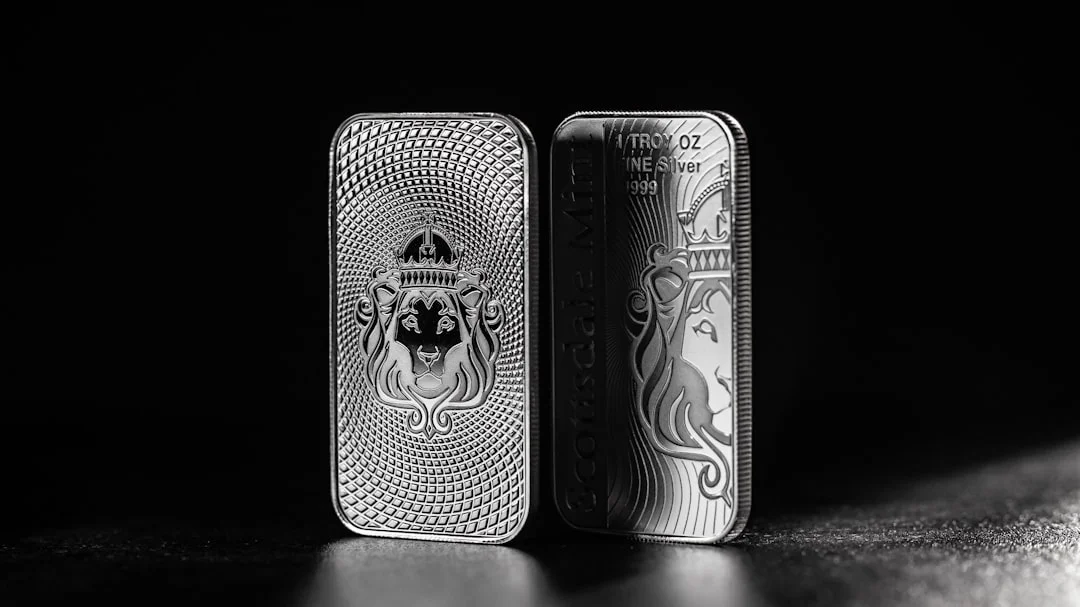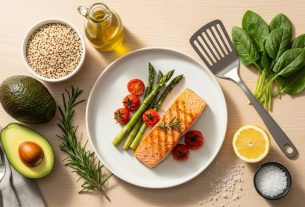Estimated Reading Time: 8 minutes
Estimated Reading Time: 8 minutes
EEer wondered, “can CBD make you feel high?” It’s a question that swirls around the world of cannabidiol (CBD), especially for those new to the scene.
The short answer? Generally, no. However, the nuances are far more interesting than a simple yes or no.
In this article, we’ll unpack the complexities of CBD, its interactions with your body, and what you might *actually* experience.
Let’s clear up a common misconception right away.
The’high’associated with cannabis comes from tetrahydrocannabinol (THC), a different cannabinoid entirely.
CBD, on the other hand, is non-psychoactive. This means it won’t produce the mind-altering effects that THC is known for.
But that doesn’t mean it’s devoid of effects. Some people report a sense of calm, relaxation, or even improved focus.
That said, if you’re expecting a “high” in the traditional sense, you’re likely to be disappointed.
CBD, or cannabidiol, is a naturally occurring compound found in the cannabis plant.
Unlike THC, it doesn’t directly bind to the CB1 receptors in the brain, which are primarily responsible for the psychoactive effects.
Instead, CBD interacts with the endocannabinoid system (ECS) in a variety of ways, which we’ll explore.
Think of the ECS as a sophisticated internal regulator, influencing everything from mood and sleep to pain and immune response.
I remember when I first started using CBD. I was a bit nervous, honestly. The whole idea of it felt…well, a little illicit.
But I was struggling with sleep, and a friend swore by it. After a few weeks, I realized I wasn’t “high,” but I was sleeping better.
That alone was worth the price of admission. The experience drove me to research it further.
It has been a journey of both personal discovery and learning about the plant’s potential.
The world of CBD products is incredibly diverse. Knowing the differences can make a big impact on your experience.
Here are some of the most popular formats:
The “potential” of each differs, based on the product type, but also the amount of CBD it delivers. Dosage is a key consideration here.
As with most things, the right amount may vary, and it’s smart to start low and go slow.
Even though it’s not supposed to make you high, the effects can still be pretty potent.
That’s why it is helpful to understand how CBD works.
CBD’s interaction with the ECS is complex and fascinating.
It’s believed to influence the system in several ways, indirectly affecting the CB1 and CB2 receptors, as well as other receptors like serotonin receptors.
This may lead to a cascade of physiological effects, including potential benefits for stress, pain, and sleep.
Think of it like this: the ECS is the conductor of an orchestra, and CBD is a subtle but influential instrument.
It doesn’t blare out the melody (the ‘high’), but it helps the other instruments play in harmony, bringing about a more balanced and relaxed state.
While more research is ongoing, many people report positive experiences with CBD. The most frequently cited benefits include:
It’s crucial to remember that individual experiences vary. What works wonders for one person may have a different effect on another.
Also, these reported benefits are based on user experiences and ongoing research, but they are not definitive claims.
It’s also why it’s vital to carefully research brands and products before you buy them to start using CBD.
So, if CBD doesn’t get you high, what *does* it feel like? For many, it’s a subtle shift.
A calming of the mental chatter, a relaxation of the muscles, or a general feeling of well-being. It’s not a dramatic transformation.
Instead, it is a gentle nudge toward balance. It’s more like the feeling of deep relaxation after a long bath rather than an instant rush of euphoria.
One thing to keep in mind: CBD can have different effects depending on the individual, the dosage, and the delivery method.
The quality of the product also plays a big role. Always opt for products that have been third-party tested for purity and potency.
Consider this example: a friend of mine, a retired teacher, was dealing with chronic aches and pains. She tried a CBD cream.
She wasn’t expecting a “high,” but after a few applications, she noticed a significant reduction in her pain.
She wasn’t walking on clouds, but she was able to enjoy her gardening again. That’s the kind of outcome that is much more likely than feeling “high.”
The legality of CBD can be a bit confusing, as it varies by location.
In many places, CBD products derived from hemp (containing less than 0.3% THC) are legal at the federal level. However, state laws can differ.
It’s always important to know the laws in your specific area, especially before you start using CBD.
You should also be cautious when traveling with CBD products.
I once heard a story about a person who was traveling to a country where CBD was illegal.
They didn’t do their research, and ended up facing legal troubles. It is easy to avoid that sort of problem if you are aware of your surroundings.
It’s always wise to check local regulations and ensure any CBD products you use comply with those requirements.
This will save you a lot of unnecessary problems.
It is easy to get the basics of what is CBD if you seek reliable information.
While generally well-tolerated, CBD can have side effects in some people. These are typically mild and may include:
The best approach is to start with a low dose, and pay attention to your body.
This will make it much easier to notice potential side effects, and take actions if necessary.
Also, always talk to your doctor, especially if you’re taking other medications. They can provide tailored advice.
Do not hesitate to seek medical advice if you are worried.
I remember when my doctor suggested CBD to me. I was extremely reluctant at first.
But after an extensive discussion with my physician, I was far more confident in beginning to use it. Medical advice is key in such circumstances.
The goal is to feel better, not to risk your health.
In the end, if you are seeking a true understanding about what CBD is all about, the best approach is always to seek expert advice. It all boils down to a simple question:
Can CBD make you feel high? Usually, the answer is no.
You’re far more likely to experience a sense of calm, potential relief from discomfort, and an overall feeling of balance.
It is easy to obtain CBD products, but understanding the risks and benefits is important before you begin.
However, the experience is very different from a THC-induced high. It is generally subtle.
The most important thing is to approach CBD with knowledge, careful attention to your body, and realistic expectations.
Research, find a reputable source, and consult with a healthcare professional. Then, you can decide if you are interested in trying CBD.
Also, never use CBD as a substitute for professional medical advice. Always get a thorough medical check-up.
Now that you’re more informed, why not dive deeper into the world of health and wellness?
If you’re interested in a more natural way of life, remember to check out our other articles. Join our newsletter for weekly health tips!
Frequently Asked Questions
Will I fail a drug test if I take CBD?
It’s possible to fail a drug test, even with CBD, although it’s less likely than with THC. Some CBD products may contain trace amounts of THC (less than 0.3% by law), which could potentially trigger a positive result. To minimize this risk, look for products labeled as THC-free or broad-spectrum CBD, and always source your products from reputable manufacturers who provide third-party lab testing to verify their contents.
Can CBD help with pain?
Preliminary research suggests that CBD may offer some relief for pain, particularly for conditions involving inflammation. CBD interacts with the body’s endocannabinoid system, which plays a role in regulating pain perception. Some individuals report experiencing reduced pain and inflammation, which may be related to conditions such as arthritis, but you should talk to a medical professional before starting a CBD regime.
What is the best way to take CBD?
The best way to take CBD depends on your individual needs and preferences. CBD oils and tinctures, taken sublingually, offer fast absorption. Edibles provide a convenient and discreet option, but take longer to take effect. Topicals work well for localized pain or skin issues. The optimal method depends on the desired speed of onset and the condition you’re addressing. Experimenting with different methods can help you find what works best for you.
Is CBD safe for everyone?
CBD is generally considered safe, but it’s not for everyone. Potential side effects can include drowsiness, changes in appetite, and digestive upset. Additionally, CBD can interact with certain medications. It’s crucial to consult with a healthcare provider before using CBD, especially if you have any underlying health conditions or are taking other medications. Pregnant or breastfeeding individuals should also avoid CBD due to potential risks.




